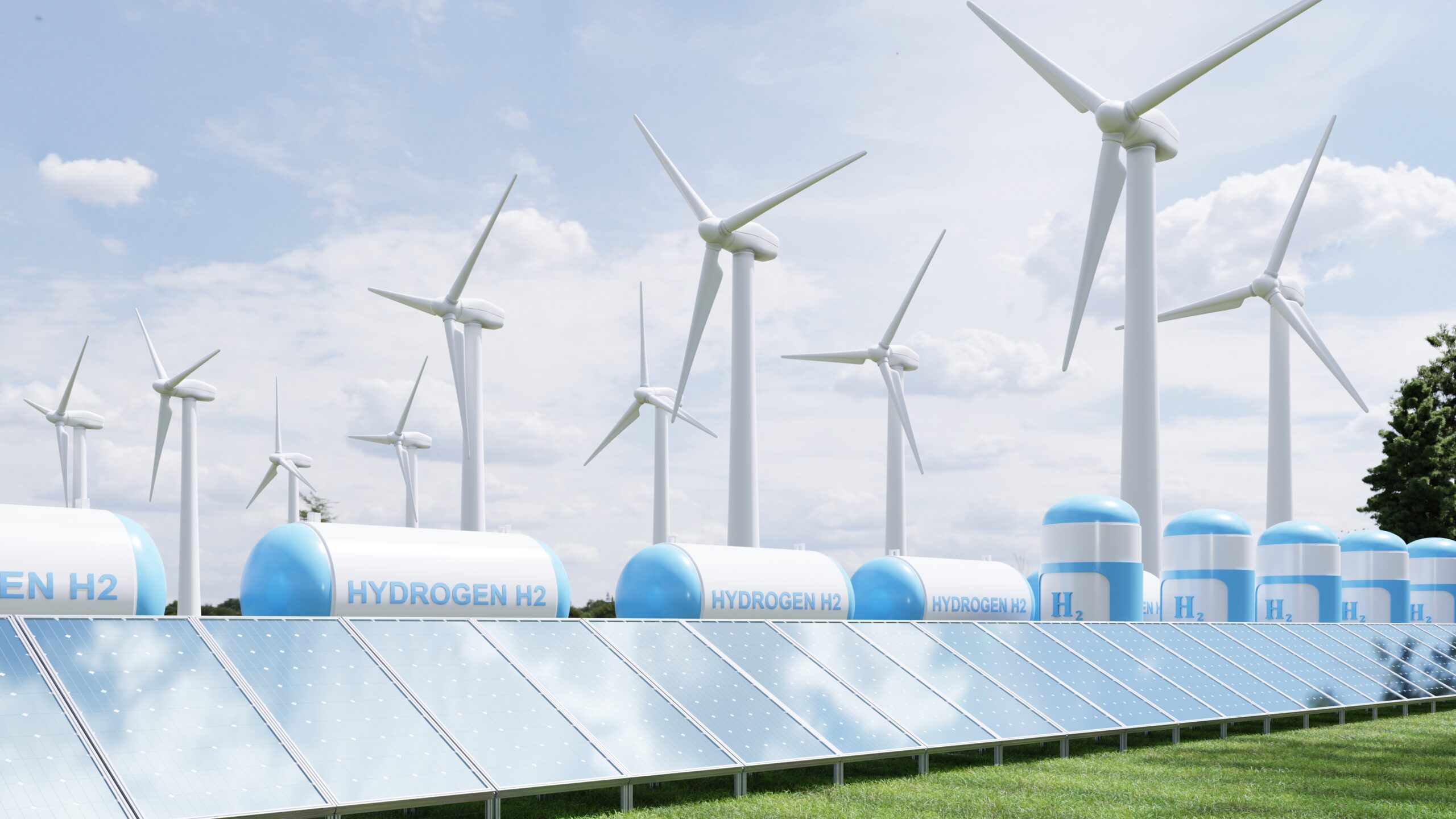As energy consumption skyrockets with technological advancements, the need for sustainable energy practices has become more urgent. Shifting towards renewable energy sources and adopting energy-efficient behaviors is essential not only for reducing carbon footprints but for ensuring a stable, sustainable future. At the heart of this transformation is a growing recognition that traditional energy sources—such as fossil fuels—are not just unsustainable but also harmful to the environment.
One of the most effective ways to reduce energy consumption is through the adoption of energy-efficient technologies. From smart home systems that optimize power use to energy-efficient appliances that consume less electricity, there are countless opportunities to cut down on energy usage. These technologies not only lower energy bills but also reduce overall energy demand, decreasing reliance on nonrenewable resources. Homeowners can take simple steps, such as switching to LED lighting, installing smart thermostats, or opting for energy-efficient washing machines and refrigerators. Each of these decisions helps minimize the environmental impact of daily living.
Beyond the individual level, businesses and industries play a crucial role in energy conservation. Large-scale manufacturing, transportation, and even office buildings are notorious for their high energy use. By investing in energy-saving technologies, companies can drastically reduce their operational carbon footprints. For instance, businesses can install energy-efficient HVAC systems, use automation to control lighting and heating, or shift to renewable energy sources like solar or wind. In fact, many corporations are setting ambitious goals to become carbon-neutral, which further fuels innovation in the sector.
At the same time, solar panels, wind energy, and other renewable sources are becoming more accessible to everyday consumers. The shift to renewable energy is not just a trend; it’s an essential step in ensuring that future generations have access to clean, reliable power. Governments and private companies alike are increasingly investing in renewable energy infrastructure, offering incentives for homeowners and businesses to adopt these technologies. Solar energy, for example, has seen a rapid decline in cost over the past decade, making it one of the most affordable forms of renewable energy.
However, technology alone won’t suffice to reduce our energy use. The key lies in individual responsibility and collective action. Simple, conscious behaviors—like turning off unused lights, optimizing heating and cooling systems, or using public transportation—can make a significant difference. Reducing energy consumption on a personal level may seem like a small step, but when multiplied across millions of households, the impact is substantial.
Educational programs are crucial in this transition, particularly those targeting younger generations. Instilling a sense of environmental responsibility in students will shape their future decisions and ensure that sustainable energy practices become the norm. Many schools have integrated lessons on energy conservation into their curricula, allowing students to engage with these issues firsthand. From conducting energy audits at school to designing energy-efficient projects, students are learning how they can contribute to a more sustainable future.
Governments, too, have a significant role to play. Public policies that encourage energy efficiency, promote renewable energy, and penalize excessive carbon emissions are vital for creating systemic change. By offering tax credits, grants, and rebates for energy-saving initiatives, governments can incentivize both individuals and businesses to take action. Internationally, collaborations between countries to develop and share green technology are creating new pathways for a global shift towards sustainable energy.
This path towards sustainable energy may seem challenging, but the benefits are undeniable. Not only does it reduce the depletion of natural resources, but it also opens the door to innovative solutions that improve the quality of life. Energy efficiency and renewable energy sources are linked to cleaner air, healthier communities, and economic growth in green industries. A collective shift in energy consumption patterns can reshape our world for the better, proving that a sustainable tomorrow is within our reach.






